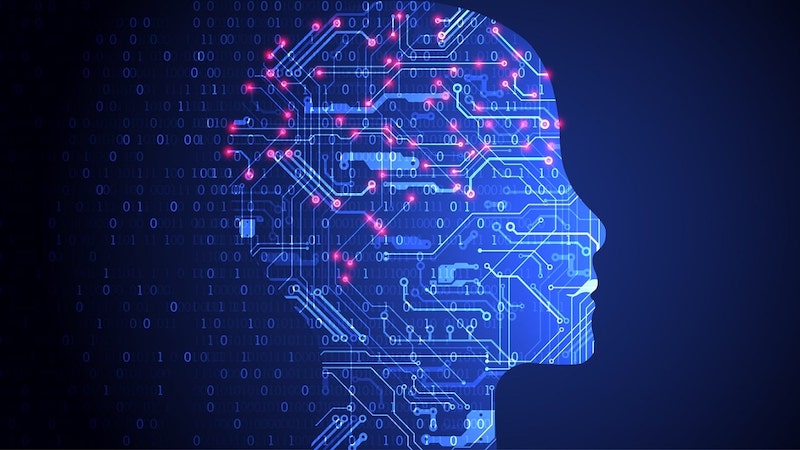Can artificial intelligences have a conscience? 19 experts from the world of neuroscience, philosophy and computer science try to answer this question, who collaborated in the formulation of the first checklist to assess whether the AI is conscious or not. For now, the verdict is clear: the ChatGPT algorithm didn’t pass the scrutiny either of this list of criteria.
19 scientists create a checklist to understand if AI is conscious
The research published in Nature (via ANSA) saw him driving Patrick Butlin, of the University of Oxford, e Robert Long, of the Center for AI Security in California. The scientists have also placed the research on the arXiv platform, so that the rest of the scientific community can also evaluate it. The primary goal is to start a profound debate on the future relationship between human beings and intelligent machines.
The AI algorithms, which analyze many texts written by humans to imitate our way of communicating, have repeatedly given those who use them the impression of a conscience in the machine. Also why define what constituting conscience is a tall order, even when we refer to biological beings, such as human and non-human animals.

So 19 researchers merged six current theories who try to define the concept of consciousness, to then create one checklist. This list of shared requirements seeks to outline what would constitute an artificial consciousness.
In their effort to test the applicability of this checklist, the scholars examined several existing AI systems, including ChatGPT. The conclusion was unequivocal: none of these systems meet the consciousness criteria defined by the checklist.
The checklist will have to be discussed by the wider scientific community, to arrive at a common consensus. But it could become one recalibrated version of the famous Turing test, to understand if and when we will be able to create a full consciousness in a machine. At the moment, it seems that current AIs are still some way off.















Leave a Reply
View Comments